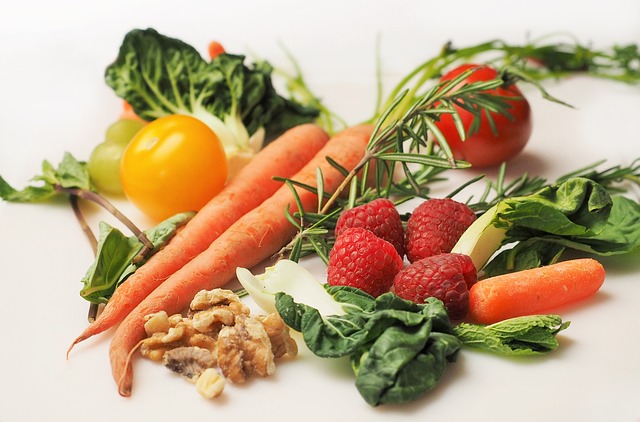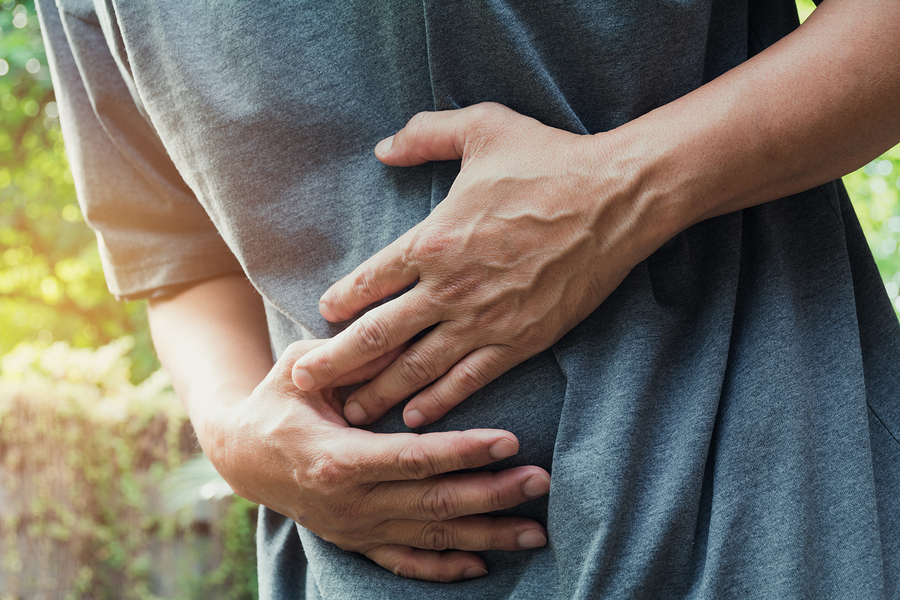When you consider your general health, your gut is one of the last things you are likely to consider. After all, it doesn’t get the attention of other systems such as your heart, lungs and even body fat. While your gut may not be glamorous, it is still essential to the functioning of your body. In fact, conditions like leaky gut can severely impact your health.
The good news is that, as you would expect, what you eat plays a huge role in the health of your stomach and intestines. The even better news is that generally food that is good for your heart, blood vessels and general body are also good for your gut.
You need to remember that if you suffer long-term symptoms with your gut or serious symptoms that prevent you from carrying out your normal activities, speak to a doctor so that you can find out exactly what is wrong with you and how to fix or manage it.
What can happen if you have an unhealthy gut?
If you don’t take care of your digestive system you can suffer from a number of uncomfortable disorders. While many of the symptoms can be managed, it is far better to just eat the right foods and take good general care of your stomach, intestines and colon.
Generally gut problems are caused by an imbalance in the bacteria in your system, but occasionally there can be damage done to your intestines, stomach or colon directly in the form of tears and ulcers. Even these issues can often be managed by dietary controls, however.
The first signs of an unhealthy gut are all related to gastro-intestinal distress. Issues such as diarrhoea, constipation, excessive gas and heartburn are all often related to your gastric health. You might also start to develop intolerances to certain foods, and your weight can fluctuate. A badly upset stomach can also stop you from sleeping, so that you end up suffering exhaustion as well.

If your condition gets really bad and damage is done to your intestines (such as leaky gut syndrome) then you can also develop eczema and other skin irritations. In the worst case you might even start to suffer from autoimmune disease, which is where your immune system attacks your own body rather than diseases. If you start to suffer these more serious symptoms, see your GP.
How do you recover?
Often simply fixing your diet will solve these issues. Whole foods that are high in prebiotics such as garlic, asparagus, leeks and bananas will help your good bacteria to flourish, and are also useful for managing your cholesterol and insulin levels. Additionally, you should look for fibre and wholegrains to limit the growth of harmful bacteria.

Fermented vegetables such as pickles and sauerkraut are also very good for promoting the growth of helpful gut bacteria. Natural yoghurt is also great for this – but flavoured varieties tend to be too processed and high in added sugar to be good for your gut.
Polyphenol rich foods are great for the balance of bacteria in your gut. Foods that are rich in the more commonly known antioxidants also tend to have lots of polyphenols, so blueberries, almonds, green tea and broccoli are all good – and for a treat, cocoa and red wine are also good for this!
Avoiding added sugars and high fat foods is a given for any healthy diet, and one promoting gut health is no different. This doesn’t mean don’t eat any fats or sugar – unsaturated fats and natural sugars are still key components of a healthy diet. Just try to eat more lean meats and fish rather than beef and lamb, and swap sweets out for fruits.
Avoiding sugar is made harder for those with a sweet tooth by the fact that artificial sweeteners such as aspartame have also been found to affect the bacterial balance in your gut – and not in a good way.
Being breastfed as a child is also linked to a healthy gut later in life – but if you can read this, it’s probably too late to give that a go!
An elimination diet can be a great way to give your gut time to recover as well as working out which foods give you problems. On this diet you essentially strip your diet all the way back to basics, and gradually reintroduce things like gluten, dairy and meat to work out which you need to avoid in future.
As always, see your doctor if you suffer from long lasting or extreme symptoms – the ones listed above can have causes unrelated to gut health, so you may need a range of medical tests to work out what the exact nature of your problem is.
If you want to maintain a healthy digestive system and avoid syndromes such as leaky gut, then being more careful about your diet would be a good start! Given that the foods to eat and avoid that help to maintain it are very similar to the lists for other diets designed to look after your heart and general health, you can kill multiple birds with a single stone.


